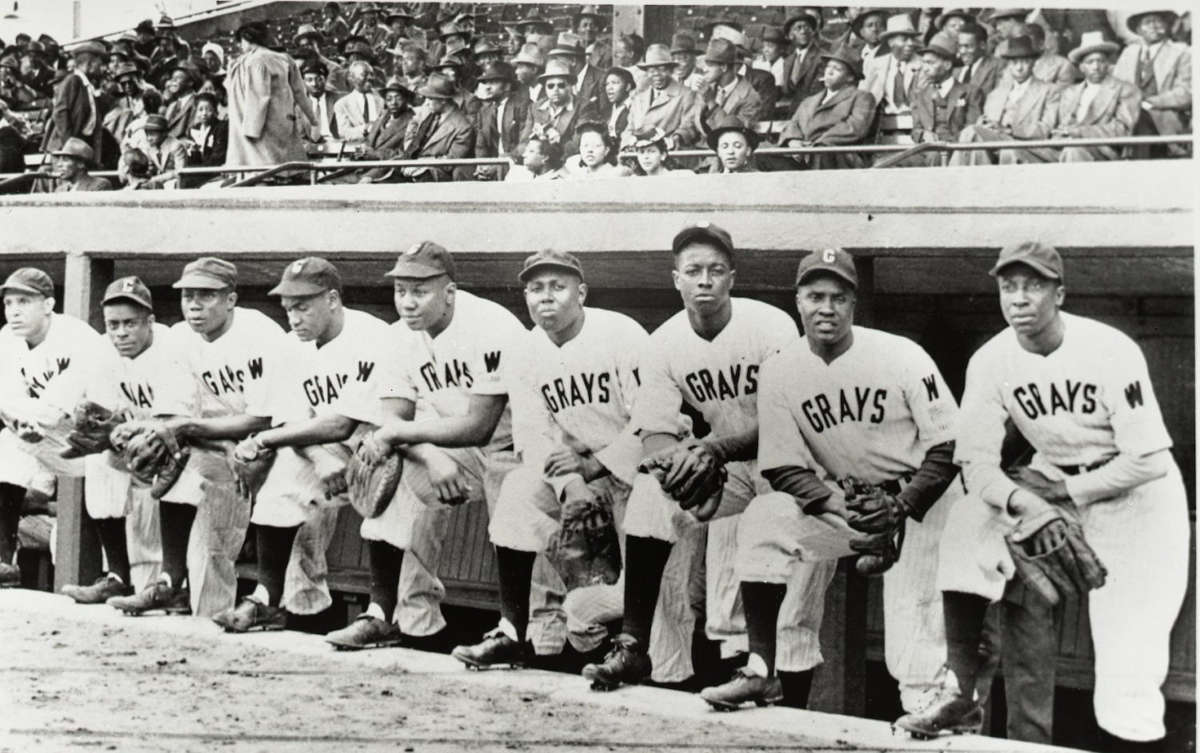In what seems like a long overdue move, Major League Baseball has officially elevated the Negro Leagues to Major League status. It’s a very important recognition that means the MLB is admitting that the Negro Leagues operated at the same caliber as their league.
This decision means that the approximately 3,400 players of the Negro Leagues during this time period are officially considered Major Leaguers, with their stats and records becoming a part of Major League history.
The seven leagues are the Negro National League (I) (1920-31), the Eastern Colored League (1923-28), the American Negro League (1929), the East-West League (1932), the Negro Southern League (1932), the Negro National League (II) (1933-48) and the Negro American League (1937-48).
The #MLB is officially elevating the Negro Leagues to “Major League” status. Below are the leagues that will be recognized.
— Double Take Sports (@dbltakesports) December 16, 2020
“For fans and for historical sake, this is significant.” -NLB President#MLBTake #MLBTwitter #DTS pic.twitter.com/5rkCX47YkE
“All of us who love baseball have long known that the Negro Leagues produced many of our game’s best players, innovations and triumphs against a backdrop of injustice,” Manfred said in a statement. “We are now grateful to count the players of the Negro Leagues where they belong: as Major Leaguers within the official historical record.”
“The perceived deficiencies of the Negro Leagues’ structure and scheduling were born of MLB’s exclusionary practices, and denying them Major League status has been a double penalty, much like that exacted of Hall of Fame candidates prior to Satchel Paige’s induction in 1971,” said John Thorn, the Official Historian of Major League Baseball. “Granting MLB status to the Negro Leagues a century after their founding is profoundly gratifying.”
The seven Negro Leagues elevated to Major League status featured 35 Hall of Famers. pic.twitter.com/XopGDhd56R
— MLB (@MLB) December 17, 2020
“The Negro Leagues Baseball Museum is thrilled to see this well-deserved recognition of the Negro Leagues,” said Bob Kendrick, President of the Negro Leagues Baseball Museum. In the minds of baseball fans worldwide, this serves as historical validation for those who had been shunned from the Major Leagues and had the foresight and courage to create their own league that helped change the game and our country too.”
“This acknowledgement is a meritorious nod to the courageous owners and players who helped build this exceptional enterprise and shines a welcomed spotlight on the immense talent that called the Negro Leagues home,” Kendrick continued.”
MLB and the Elias Sports Bureau have begun a review process to determine the full scope of this designation’s ramifications on statistics and records. MLB and Elias will work with historians and other experts in the field to evaluate the relevant issues and reach conclusions upon the completion of that process.

